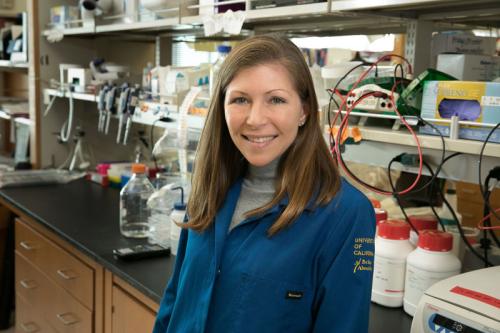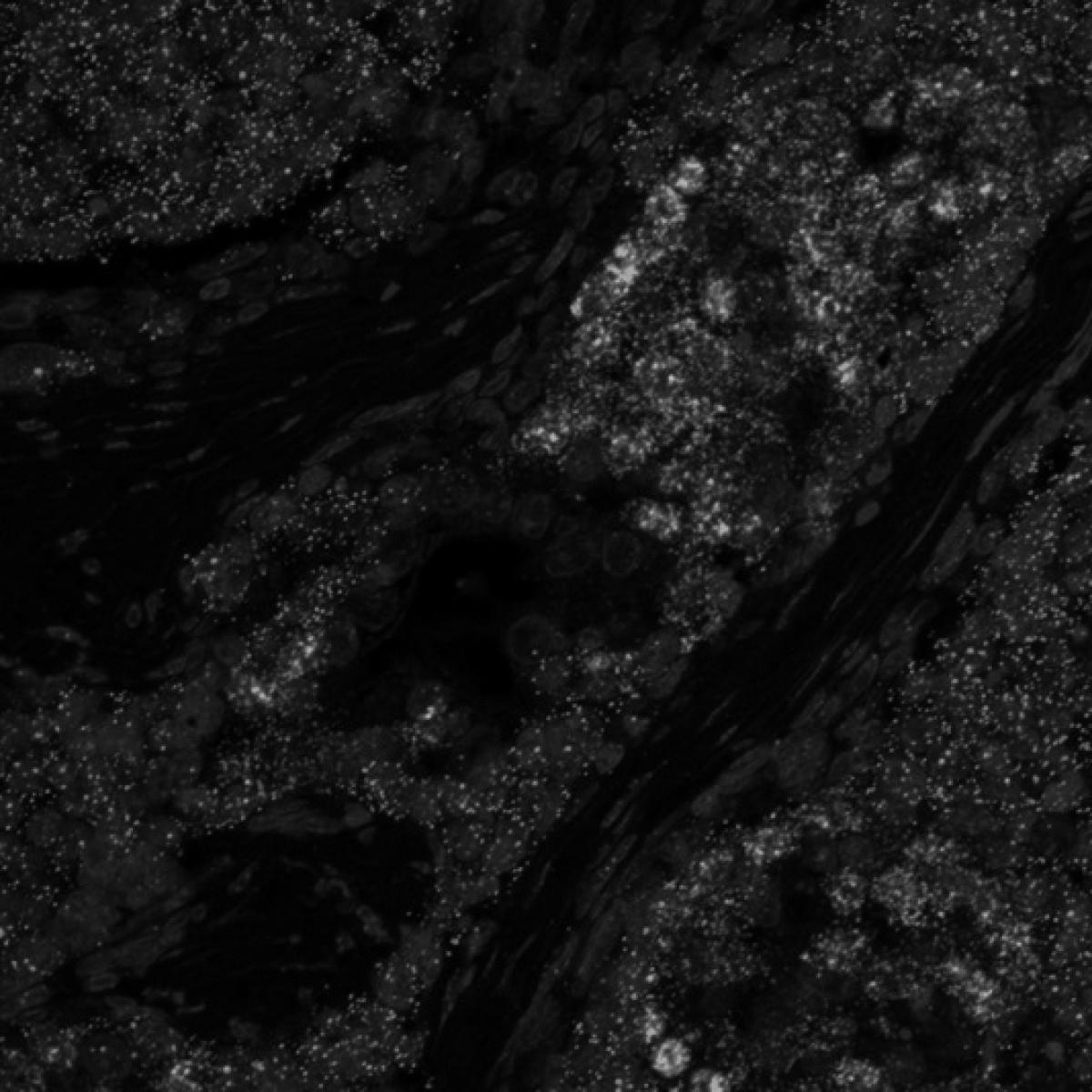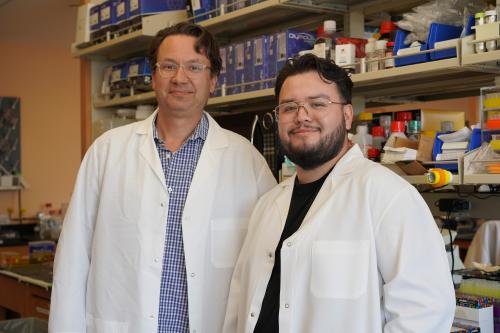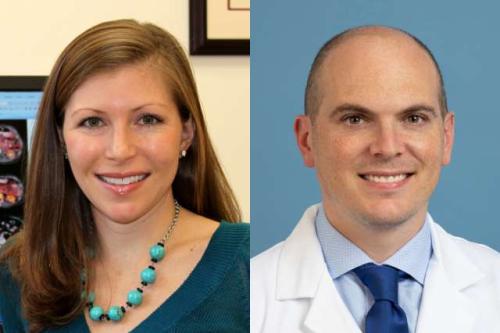
Heather Christofk, Ph.D.
- Professor, Biological Chemistry
- Associate Director, Basic and Translational Research, UCLA Jonsson Comprehensive Cancer Center

Heather Christofk, Ph.D., studies how stem cells and cancer cells metabolize the nutrients that enable them to divide, make energy and respond to their environment. She seeks to develop novel strategies to treat cancer by manipulating metabolic processes and depriving cancer cells of essential nutrients.
Christofk’s research focuses on the relationship between metabolism and cell state. She began her career studying how metabolism changes in different cell state transitions — during viral infection, stem cell differentiation and cancer formation. Her work has suggested a more bi-directional relationship between metabolism and cell state, whereby metabolism is altered to meet the changing demands during cell state transitions and in turn, metabolic changes can drive cell state transitions.
Challenging a long-held belief about cancer metabolism, Christofk discovered that squamous cell skin cancer cells do not require increased glucose to power their development and growth. This discovery could lead to the development of more effective therapies for this disease and other forms of epithelial cancer.
Christofk reported the first molecular mechanism by which a virus reprograms host cell metabolism and discovered how viruses such as Zika rewire metabolism to induce cell death in human but not mosquito cells. She has also identified similarities between metabolic reprogramming in tumor cells and virus-infected cells. These findings suggest that viruses can be useful tools in identifying new drugs targeting cancer metabolism and that these same newly identified drugs may be effective as antivirals.
Her insights into how cell metabolism regulates and influences stem cell fate decisions have broad applications. Together with center member William Lowry, Ph.D., Christofk found that altering the metabolic processes of hair follicle stem cells can activate hair growth. This research may lead to new drugs that could help reverse hair loss for people experiencing baldness or alopecia. Christofk is applying these insights to determine if manipulating metabolic processes of hair follicle stem cells can stop the initiation and progression of skin cancers such as squamous cell carcinoma.
These findings provide a foundation for her ongoing work examining how metabolism impacts cell fate decisions in varied biological processes, including development and cancer.
Research Projects
- Identifying metabolic determinants of tissue-specific stem cell fate specification The crucial process by which undifferentiated cells receive molecular signals and genetic cues that guide them towards developing into specific cell types with distinct functions. This process is essential for the formation of various tissues and organs during embryonic development and plays a role in tissue regeneration in adults. cell fate specification The crucial process by which undifferentiated cells receive molecular signals and genetic cues that guide them towards developing into specific cell types with distinct functions. This process is essential for the formation of various tissues and organs during embryonic development and plays a role in tissue regeneration in adults. and how these determinants contribute to mammalian development
- Deciphering mechanisms of virus-induced metabolic reprogramming In stem cell research, scientists can reprogram cells that have undergone differentiation, such as skin or blood cells, to revert back into an embryonic-like state. The resulting cells are called induced pluripotent stem cells. reprogramming In stem cell research, scientists can reprogram cells that have undergone differentiation, such as skin or blood cells, to revert back into an embryonic-like state. The resulting cells are called induced pluripotent stem cells.
- Examining how circulating nutrients, which vary due to diet, impact cell transitions in cancer and autoimmune conditions
- Defining interconnections between metabolic and signaling pathways
- Identifying metabolic vulnerabilities in cancers, which could lead to new therapies that deprive tumor cells of essential nutrients
-
Post-doctoral Fellowship
- Cancer Biology, UC San Francisco, 2008
Degree
- Ph.D., Cell and Developmental Biology, Harvard University, 2007
-



